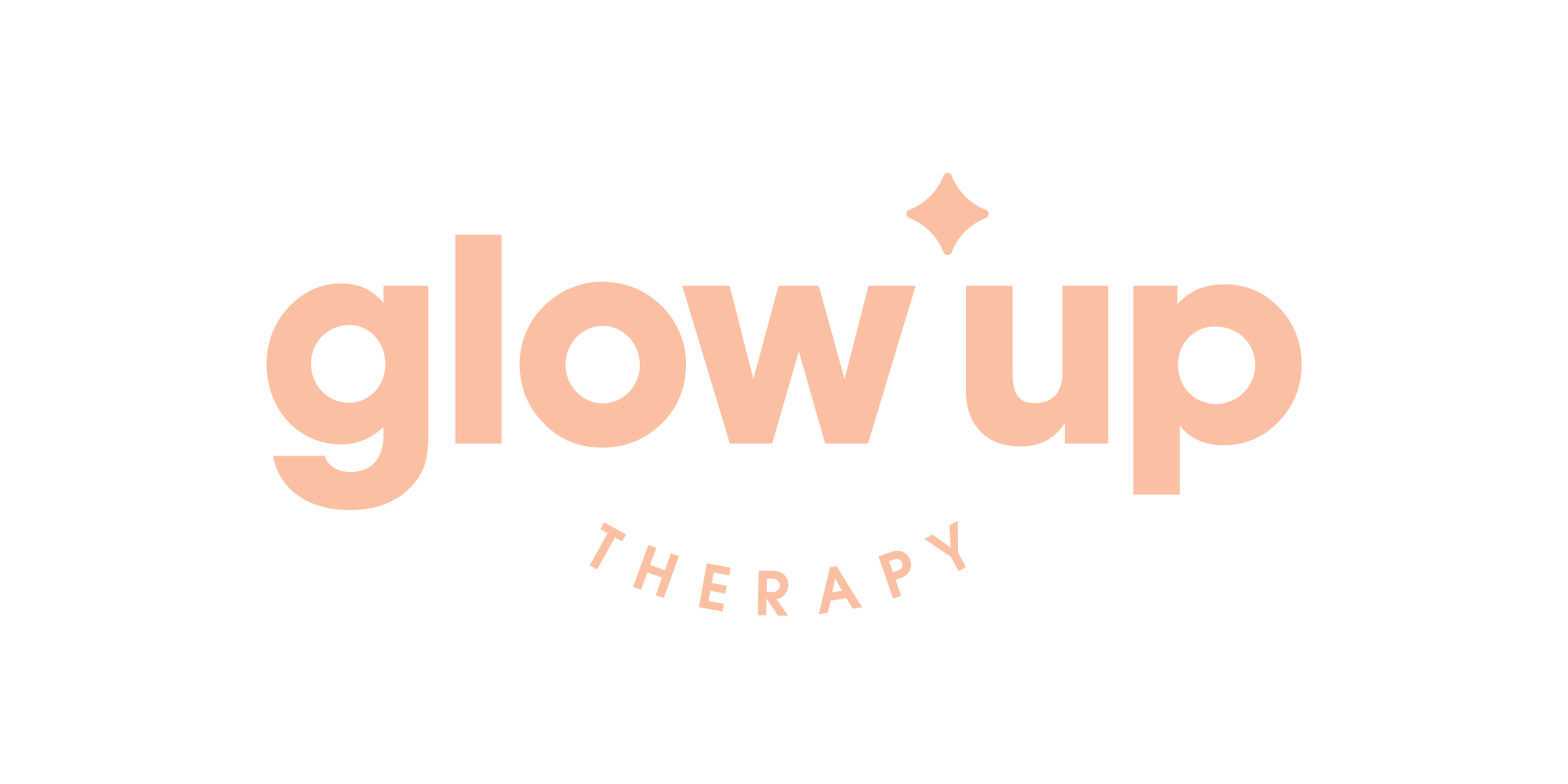You're as Happy as the Voice in Your Head. Speak Up!
Did you know that you’re talking to yourself, all day, every day? Our brains have opinions and questions about EVERYTHING. “This top is ugly; I only look good with my hair up; oof, oatmeal again, so boring; when will they text me back?...Oh god why did I text that…” Those thoughts are so constant, they can feel like background noise. But inner monologues are far from idle humming — in fact, they have a huge impact on how we feel about ourselves.
The way we talk to ourselves is incredibly important. Think of that voice in your head as the narrator of your life. It’s the lens through which you see the world, and it’s formed by all of your past experiences and beliefs. Some of the things we hear from that voice are harmful or untrue. These beliefs are bad habits we pick up in a million different ways: by watching or listening to our caregivers and teachers, hearing the same feedback from people and not challenging it or changing it, watching TV shows that tell us how to view the world — the list goes on.
The odd thing about beliefs (which inform the voice in our head) is that they feel so true. You believe them. But sometimes — many times — they’re not, and they’re actually hurting you.
The other annoying thing about beliefs is that we only take in the information that confirms them. It’s called confirmation bias, and it works like this: You have a belief that all apples taste bad, based on your experience eating a mealy apple as a kid. If you meet 10 people, nine of whom LOVE apples and one who hates apples (just like you), you will only believe that one person. They confirm what you already believe.
So how do you know what your beliefs are, which of them are true or false, and how to change the bad ones? The first step is to understand that the way you frame the truth can be helpful or hurtful.
Here’s an example: Alice has the belief that she is stupid because she didn’t do well in school, her parents never said she was smart, and she never had a teacher who believed in her. Because of that, Alice thinks she is stupid, so she doesn’t try very hard in school and therefore, doesn’t get good grades. But! Alice also believes that she is a really hard worker, and she wants to go into the medical field. So, she keep going to school (even though she believes she is stupid) and keeps getting bad grades, but in every internship outside the classroom, she excels at because she believes she is a hard worker. Now Alice is an adult, still on some level believes she is stupid, but has achieved pretty amazing things!
In this scenario, what is the truth, what is the belief, and how can it be reframed?
The truth is Alice didn’t do well at school. That’s the only evidence we have to work with. The belief is “I am stupid” and despite accomplishing amazing things, that belief remains. It can be reframed as “I didn’t do well at school” because that's the truth. Or “I had a hard time in school because it wasn’t a good structure for me but I’m doing better now.”
It’s more uncomfortable to challenge our beliefs than to let them lie. But the belief “I work hard” resulted in working hard! This shows how self-fulfilling these beliefs can be, which is why it’s so important that we are aware of our beliefs and whether or not they are helpful or hurtful.
